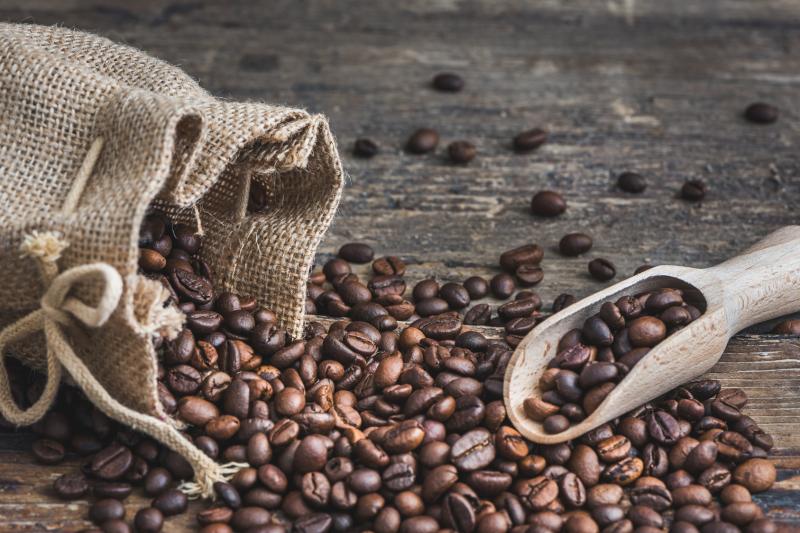 New foods imported into Europe such as coffee, tea and chocolate challenged supporters of humoural theory.
New foods imported into Europe such as coffee, tea and chocolate challenged supporters of humoural theory.High consumption levels of caffeinated coffee do not appear to be protective against type 2 diabetes, reveals a recent Singapore study.
“We conducted a randomized trial examining the effect of coffee on insulin sensitivity using the gold-standard hyperinsulinaemic euglycaemic clamp in overweight Asian individuals,” said researchers, noting that much of the literature regarding the subject have relied on “surrogate insulin sensitivity indices.” The present study sought to overcome such limitation.
Of the 126 overweight, noninsulin sensitive Asian participants, 62 (median age, 48 years; 56.5 percent male) were randomly assigned to receive four cups of instant regular coffee daily, while the remaining 64 (median age, 47 years; 59.4 percent male) were given a coffee-like placebo. Median clamp-based insulin sensitivity and homeostasis model assessment of insulin resistance (HOMA-IR) values at baseline were 4.30 mg/kg/min and 2.08, respectively. [Am J Clin Nutr 2019;doi:10.1093/ajcn/nqz306]
In the placebo group, the amount of glucose metabolized per kilogram of bodyweight per minute while under steady-state conditions was 4.60±1.06 mg/kg/min at baseline and dropped to 3.96±1.04 mg/kg/min after 24 weeks. In those who were assigned to receive caffeine, the corresponding values were 3.98±1.06 and 4.12±1.05 mg/kg/min. The resulting difference was not significant (percent mean difference, 4.0 percent; 95 percent confidence interval [CI], –8.3 to 18.0; p=0.53).
The same was true for the amount of glucose metabolized per kilogram of fat-free mass per minute, under similar conditions (placebo: 6.76±1.05 to 5.94±1.04 mg/kg/min; coffee: 6.20±1.05 to 6.18±1.05 mg/kg/min; percent mean difference, 4.0 percent, –8.1 to 17.7; p=0.53).
Coffee likewise had no significant effect on other pertinent markers of fasting glycaemia, such as inflammation, oxidative stress, liver function, blood pressure and dyslipidaemia.
Despite these, participants in the coffee group showed significantly lower urinary creatinine levels at week 24 than their placebo counterparts (percent mean difference, –25.6 percent, 95 percent CI, –39.0 to –9.2). This was found to be consistent over the 24-week trial period (percent mean difference, –21.2 percent, 95 percent CI, –31.4 to –9.5; p=0.001).
Moreover, the caffeine group also saw greater loss of fat mass over the entire study period, resulting in consistently and significantly lower measurements relative to the placebo group (percent mean difference, –3.7 percent, 95 percent CI, –6.3 to –1.1; p=0.006).
“Consumption of 4 cups of coffee per day over 24 weeks did not have a substantial effect on insulin sensitivity, measures of fasting glycaemia or other cardiometabolic biomarkers,” the researchers said, conceding that several possibilities exist which may explain the protective effects found in other studies.
Coffee could “be acting at a later stage of diabetes development when individuals are more insulin-resistant or have prediabetes” or that it could “affect other aspects of glucose homeostasis such as insulin sensitivity in tissues other than skeletal muscle or postprandial glucose tolerance,” they said.
It is also possible that coffee consumption may bare its effects after longer periods of consumption, the researchers added. Further trials are needed to address these possibilities.